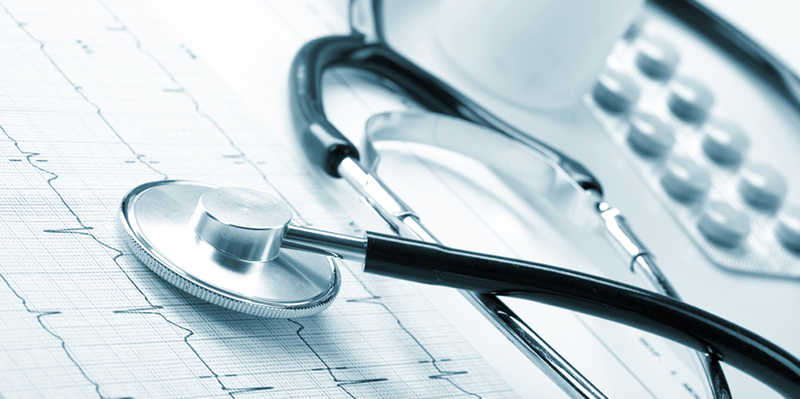Medical devices to be treated as drugs from April 1
February 12, 2020 | Wednesday | News
Currently, only 23 medical devices are regulated under the Drugs and Cosmetics Act
image credit- shuttershock.com
As per the recent notification of Ministry of Health & Family Welfare, all medical devices sold in the country will be treated as drugs and would be regulated under the Drugs and Cosmetics Act of 1940.
Currently, only 23 medical devices are regulated under the Drugs and Cosmetics Act
The list of such equipment—in all, 37 in number—includes disposable syringes, needles, cardiac stents, catheters, heart valves, X-ray and ultrasound machines. The centre's move to regulate the medical device industry comes as a measure to ensure quality and "safety" for patients, and will come into effect from April 1.
The health ministry said the decision was taken after consultation with the Drugs Technical Advisory Board (DTAB), the apex decision making body on technical matters related to drugs.
In a separate notification, the health ministry made some amendments to the Medical Devices Rules, 2017. This will be called Medical Devices (Amendment) Rules, 2020 and would also come in force from April 1.
It says, “The medical devices shall be registered with the Central Licensing Authority through an identified online portal established by the Central Drugs Standard Control Organisation (CDSCO). Such registration is voluntary for a period of 18 months, after which it will be mandatory. The manufacturer of a medical device shall upload the information relating to that medical device for registration on the “Online System for Medical Devices” established by the CDSCO. Importers too will be required to do the same.”
"Central Licensing Authority may verify the documents at any point of time and investigate quality or safety related failure or complaints," the health ministry notification read. It can also cancel the license of a manufacturer if it finds lapses.
Further, it gives timelines for registration and regulation of devices. For low and moderate risk devices if is 30 months from date of commencement of the rules, while for moderate high risk and high risk devices it is a period of 42 months within which it would be brought under the new regulations.
Rajiv Nath, Forum Coordinator, AiMeD said, “While we manufacturers are ok to be regulated under a Risk Proportionate Medical Devices Rules 2017 we are highly uncomfortable to be regulated under the very rigid and prescriptive Drugs Act as any non-conformity can be treated as a criminal offence by any Drug Inspector at his discretion and hauled before a court and there are no risk proportionate penalties. We have been seeking an assurance from MoH&FW that this is a temporary measure until the NITIAayog drafted Bill to regulate Devices separately from Drugs becomes a separate Law but no meeting has been called by MoH&FW to address these apprehensions.”
Pavan Choudary, Chairman and Director General, Medical Technology Association of India (MTaI) said, “We welcome the government’s decision to regulate all devices, which has also been a long standing ask of the industry. These regulations, that are a continuation of the Medical Devices Rules 2017, which were launched after meticulous deliberations for 2 years, are in line with the government’s vision to provide equitable access to quality healthcare. We are also happy that the Health Ministry is recruiting competent resources to cater to the additional workload that these new regulations will bring.”
Abby Pratt, Vice President, AdvaMed said, "AdvaMed and its member companies appreciate Indian government’s decision to regulate all medical devices under the guidelines issued by the Ministry of Health as per the Medical Devices Rules 2017 and strengthen regulations to improve safety and quality of products available in India. We believe this decision to make norms more stringent and the MoH’s investment in capacity building by recruitment of specialised auditors will benefit the medical devices industry and the patients at large. We congratulate the Ministry of Health and Family Welfare for its efforts to support Prime Minister Narendra Modi’s ‘Make in India’ initiative by globally harmonising India’s regulatory structure, which will enable domestic manufacturers of medical devices and IVDs to make in India for the world. It will prove pivotal in enabling a more predictable pathway for globally recognised technology to enter India and lessen the gap between India’s access to research-based medical devices and diagnostics.”









